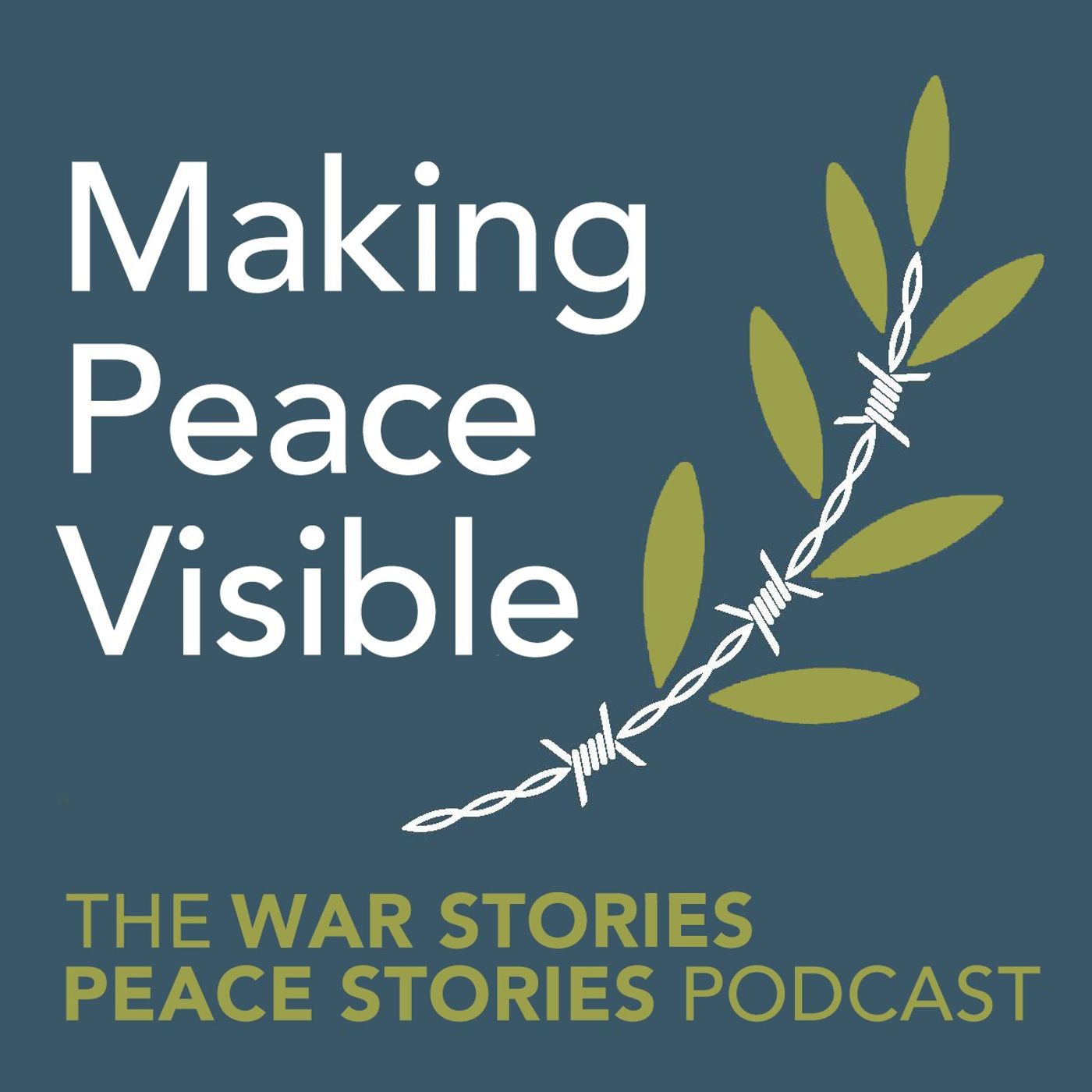- After-Shows
- Alternative
- Animals
- Animation
- Arts
- Astronomy
- Automotive
- Aviation
- Baseball
- Basketball
- Beauty
- Books
- Buddhism
- Business
- Careers
- Chemistry
- Christianity
- Climate
- Comedy
- Commentary
- Courses
- Crafts
- Cricket
- Cryptocurrency
- Culture
- Daily
- Design
- Documentary
- Drama
- Earth
- Education
- Entertainment
- Entrepreneurship
- Family
- Fantasy
- Fashion
- Fiction
- Film
- Fitness
- Food
- Football
- Games
- Garden
- Golf
- Government
- Health
- Hinduism
- History
- Hobbies
- Hockey
- Home
- How-To
- Improv
- Interviews
- Investing
- Islam
- Journals
- Judaism
- Kids
- Language
- Learning
- Leisure
- Life
- Management
- Manga
- Marketing
- Mathematics
- Medicine
- Mental
- Music
- Natural
- Nature
- News
- Non-Profit
- Nutrition
- Parenting
- Performing
- Personal
- Pets
- Philosophy
- Physics
- Places
- Politics
- Relationships
- Religion
- Reviews
- Role-Playing
- Rugby
- Running
- Science
- Self-Improvement
- Sexuality
- Soccer
- Social
- Society
- Spirituality
- Sports
- Stand-Up
- Stories
- Swimming
- TV
- Tabletop
- Technology
- Tennis
- Travel
- True Crime
- Episode-Games
- Visual
- Volleyball
- Weather
- Wilderness
- Wrestling
- Other
Peace messaging: Fighting crisis fatigue with hope
“Weapons and war do not keep us safe. Instead, we should put our money and time into programs that ensure real safety and security for everyone, like affordable health care, a just judicial system, and economic opportunities.”Americans were asked if they agree or disagree with the above statement in a 2022 poll conducted by the American Friends Service Committee, an advocacy organization that promotes peace and social justice around the world. AFSC conducted the study for two reasons: to gauge US public opinion on cutting military spending, and to test how people would respond to different messages about why cutting the military budget is important. They found that when Americans across different groups were asked if they would support shifting Pentagon spending to domestic issues like healthcare and education, sixty percent said yes. Guest Beth Hallowell, Director of Research and Analytics at the American Friends Service Committee, (AFSC) helped design the Pentagon spending study, along with a 2023 study on US attitudes towards peacebuilding. In this episode, Beth shares helpful insights about how peacebuilders can be more effective when communicating to the public, and the media. Follow AFSC on Twitter @afsc_org.Leave us a review and let us know how you talk to the people in your life, or to the public, about peace.HOW TO RATE AND REVIEW MAKING PEACE VISIBLEIn Apple Podcasts on iPhone Tap on the show name (Making Peace Visible) to navigate to the main podcast pageScroll down to the "Ratings and Reviews" sectionTo leave a rating only, tap on the starsTo leave a review, tap "Write a Review"In Spotify(Note: Spotify ratings are currently only available on mobile.)Tap on the show name (Making Peace Visible) to navigate to the main podcast pageTap on the star icon under the podcast description to rate the showIn Podcast Addict(Note: you may need to sign in before leaving a review.)From the episode page: On the top left above the show description, click "Post review."From the main podcast pageTap "Reviews" on the top left.On the Reviews page, tap the icon of a pen and paper in the top right corner of the screen.ABOUT THE SHOWMaking Peace Visible is a project of War Stories Peace Stories. Our mission is to bring journalists and peacebuilders together to re-imagine the way the news media covers peace and conflict, and to facilitate expanded coverage of global peace and reconciliation efforts. Join the conversation on Twitter: @warstoriespeace. Write to us at jsimon@warstoriespeacestories.org. Making Peace Visible is hosted by Jamil Simon, and produced by Andrea Muraskin, with help from Faith McClure.Music in this episode by Blue Dot Sessions, Podington Bear, Doyeq, and Bill Vortex

